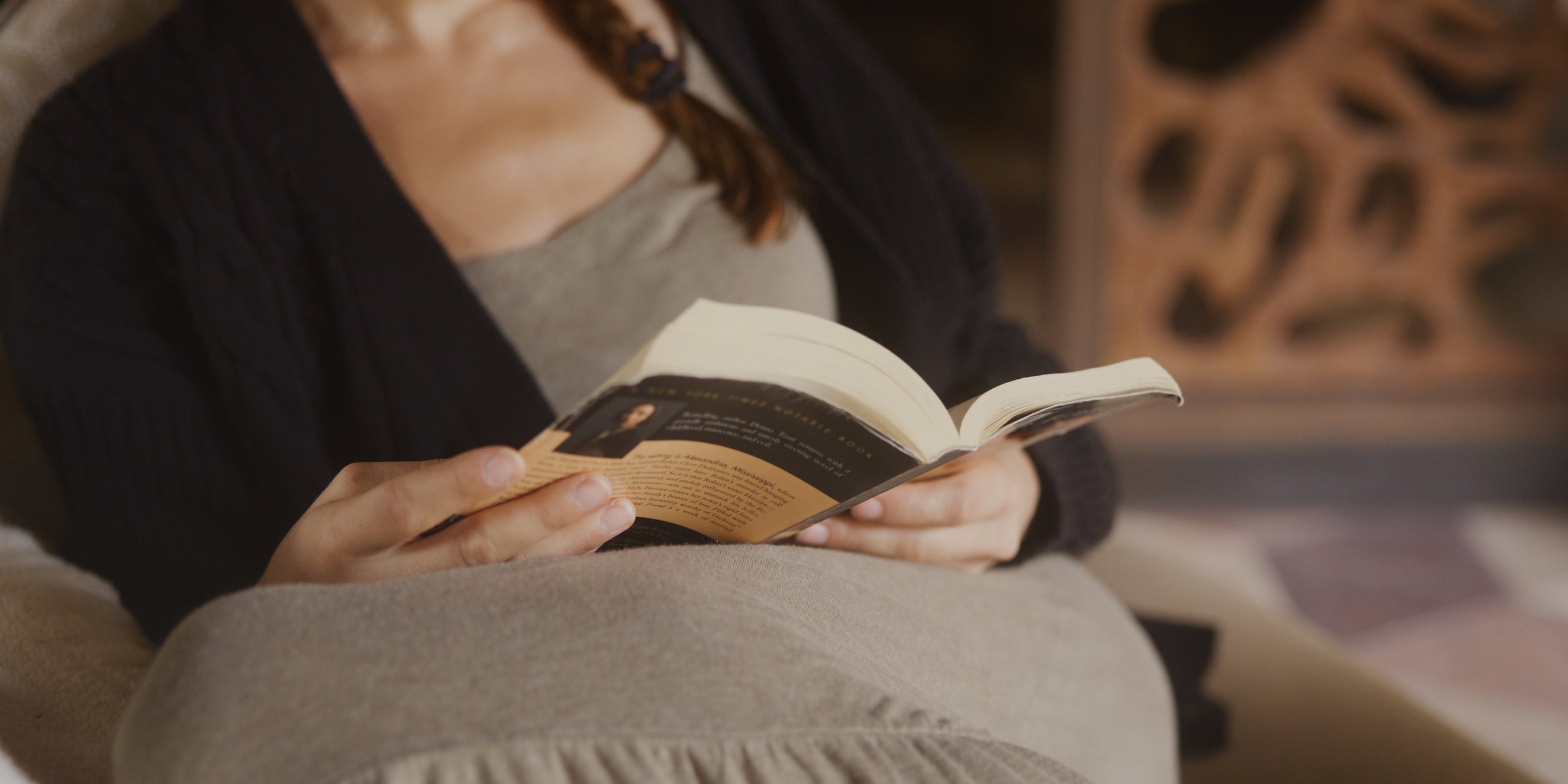Realer than real characters
A little while ago I read Gone with the Wind (which I will stop gushing about someday, but today is not that day). And then I watched Daisy Jones and the Six. Both stories followed me around afterward and I got to thinking about why.
They both have one thing in common. Ok, two things — but I don't want to talk about the tried-and-true soulmates-who-just-can't-work-it-out-until-it's-too-late thing.
Both stories have characters who are realer than real. They're rich and vivid and complex. It's these characters, who want so deeply, who never stop trying, whose flaws keep them from getting that thing, who experience the world so intensely, that make these stories stick with me.
Scarlett O'Hara and Daisy Jones make real people look like the shadows in Plato’s cave. We pale in comparison to them. So when I’m done reading and I’m back to looking at the shadows again, of course I end up with a book hangover.
Not that I would want those characters to be real. I for sure wouldn’t want to be friends with them. They're better on the page (or screen).
In Gone with the Wind, there must be at least 200 pages dedicated to studying Scarlett. Like, the narrative grinds to a halt, and we just hang out for a bit, dwelling on what’s going on with Scarlett, why she’s doing what she’s doing, how other people perceive her, etc etc. Those are some of my favorite passages. Because even though she’s a pretty terrible person, she’s never boring. I so badly wanted her to get her life together and stop making the same terrible mistakes for the stupidest of reasons — even though I know the story and knew what would happen.
Then there’s Rhett Butler, and he gets probably 100 pages, and I was at least as on board for those pages as I was for Scarlett’s. He had a lot going on that didn’t make it into the movie. It’s like knowing someone for years and finally getting access to their journal, their therapist’s notes, and a survey of everyone who knows them, all at once. Juicy stuff.
Part of this character study business is re-traversing ground we’ve already covered. Yes, we know why the character wants this, but now she’s thinking about it again so we are, too. There are layers to motives and thoughts, and they deepen, change, become more nuanced over time. A character can realize something they already kind of knew but had never acknowledged before. And if I’ve been there for it, I’ll feel it just as keenly as they do, even though I knew, too.
It’s not just about knowing the characters — they have to be interesting, too. I’ll pass on a character study of a normal person. I use that term broadly, because there’s no such thing as a normal person, but you know what I mean — I don’t want to spend 200 pages reading the life story of Joe Schmo. At the very least, they need a rich inner life, and preferably deep desires. They need to believe contradictory things and grapple with them.
When I look at most of the good books I’ve read, every so often the story hits pause and we hang out with the characters for a while. It’s what is most interesting to me. It’s what makes me care.
I loved The Secret History by Donna Tartt for that. Every time there’s a break and we get the five-page backstory of a secondary character, I got so excited. (See Francis: a character who lifts right out of the story without affecting the plot at all. He’s just there, and he’s great.) All of Tartt’s characters are realer than real. If you haven’t read her, what are you even doing?
I believe a story without rich characters falls flat. The more vibrant the characters, the more unputdownable the story. The more I can feel how much they want something, the more I will stick with them as they try to get it.
I deviated a little from historical fiction in this post, so I’ll make up for it by sharing a list of historical novels that have realer-than-real characters:
Circe and The Song of Achilles by Madeline Miller (she is herself a goddess)
Fingersmith by Sarah Waters
Homegoing by Yaa Gyasi
The Invisible Life of Addie LaRue by V.E. Schwab
The Revolution of Marina M. duology by Janet Fitch
I Capture the Castle by Dodie Smith
I can’t stop myself, so here are some non-historical novels:
Any Tana French book (but especially The Likeness)
Any Donna Tartt book (especially… all of them)
Bunny by Mona Awad (In this one, the characters are realer than real, but they don’t want anything, so it’s a weird one. Maybe the weirdest book I’ve read. You should check it out.)
The Hunger Games by Suzanne Collins (This may surprise you, but go back and look. Katniss is a truly great and complex character.)
Jane Eyre by Charlotte Bronte (Though historical now, it doesn’t meet the definition of histfic, so it goes here.)
TV shows (all based on books, which I don’t think is a coincidence):
Normal People
The Queen’s Gambit
Daisy Jones and the Six
Alias Grace




